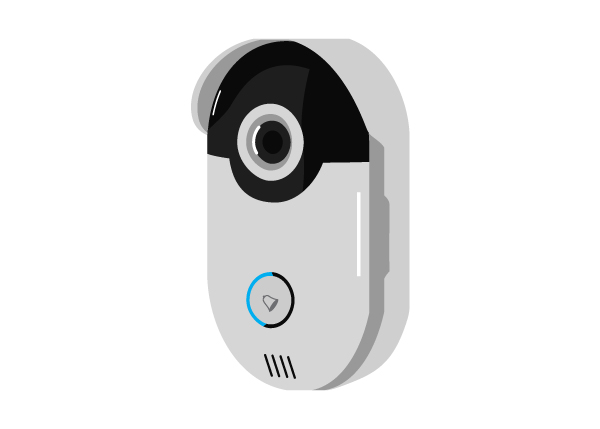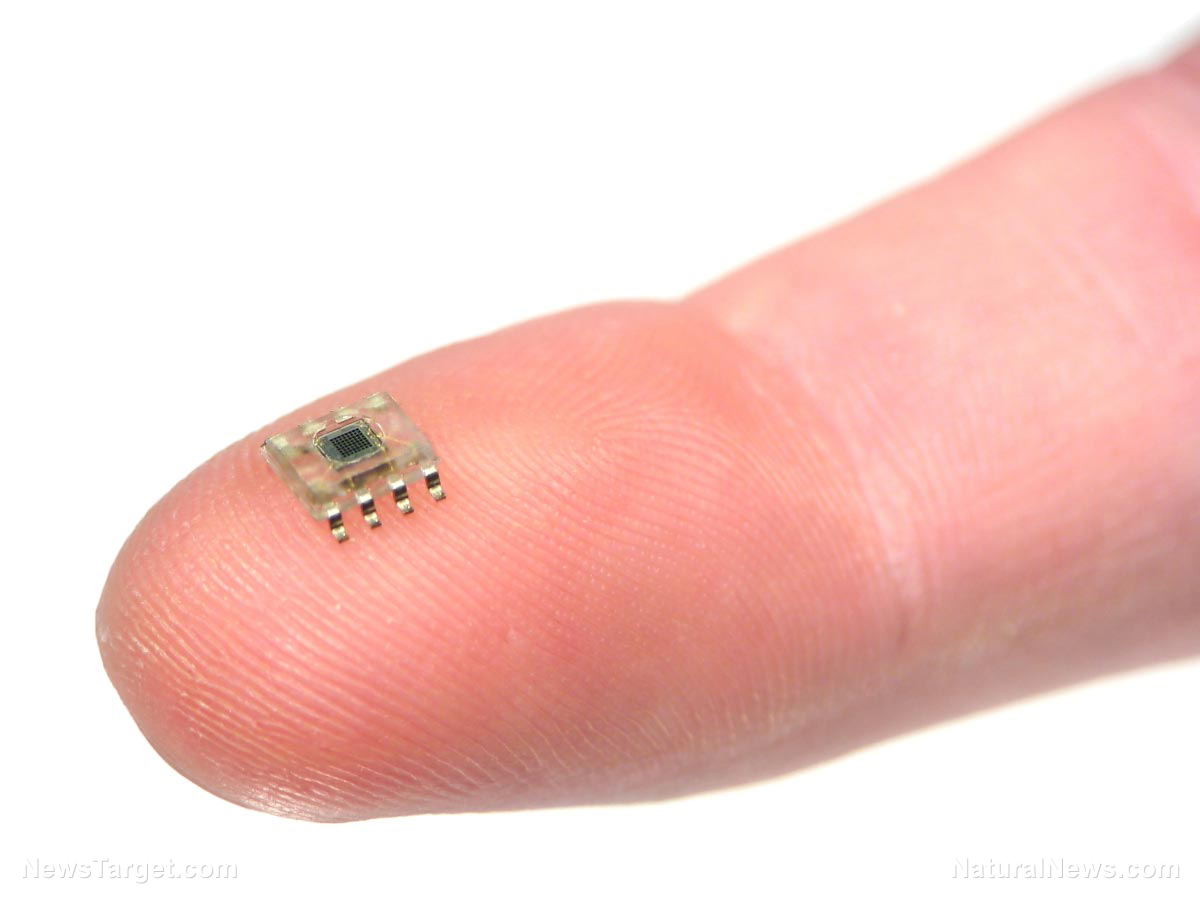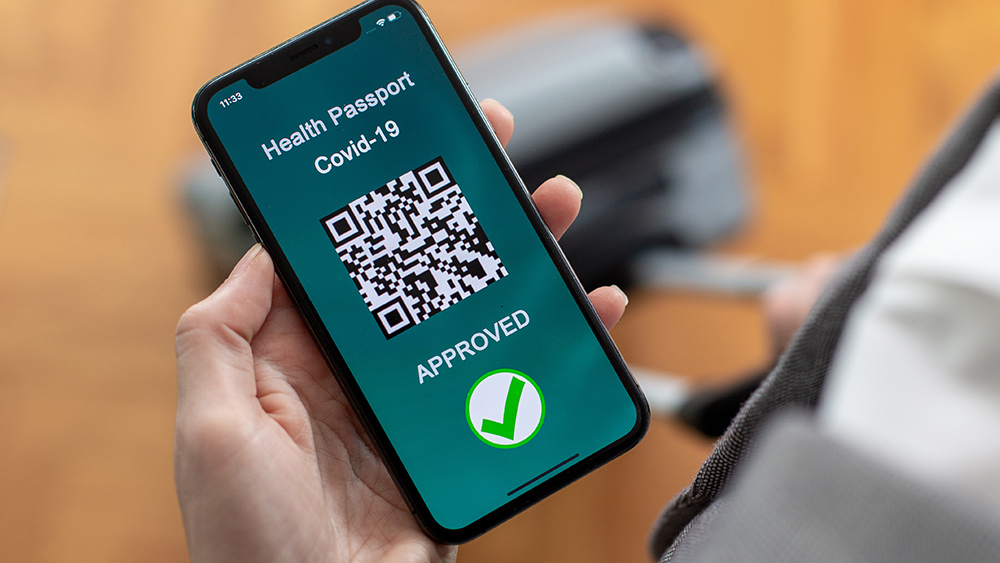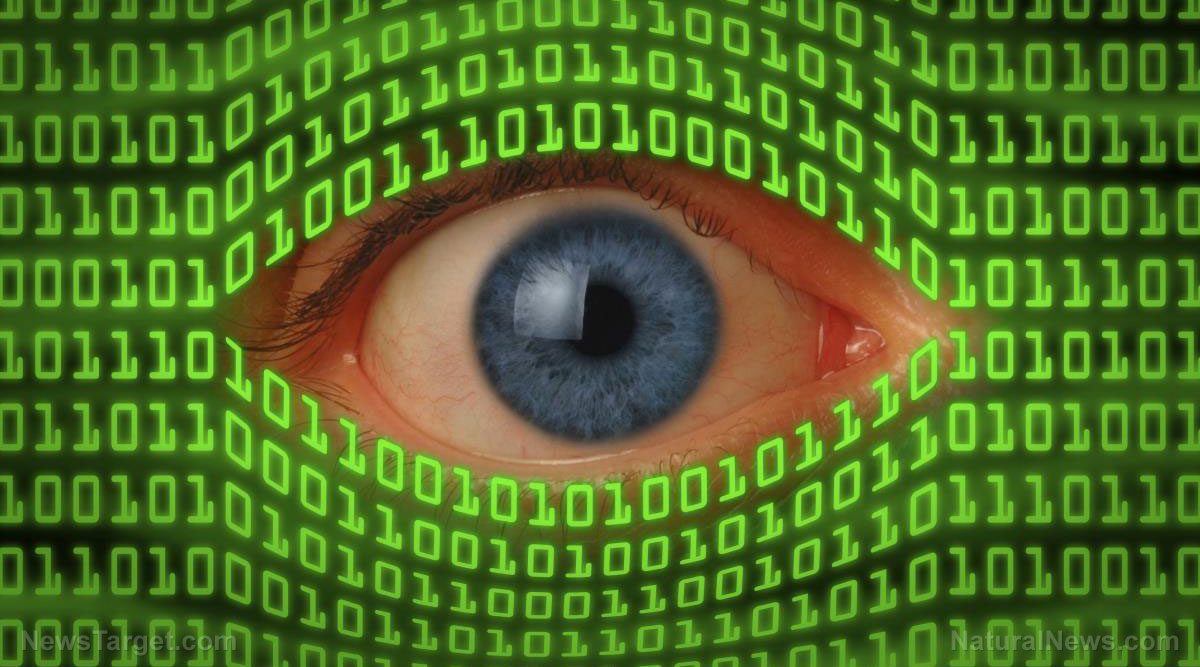Amazon and Ring under fire after revealing authorities can keep homeowner videos forever, endangering user privacy
01/17/2021 / By Cassie B.

The video doorbell company Ring is taking some heat after it revealed that authorities can keep homeowners’ videos forever and share them with any party they choose.
Hundreds of police forces in the U.S. have formed partnerships with the company, who says the technology can help tackle crimes like burglary and trespassing. When Senator Edward J. Markey wrote to Ring’s owner, Amazon, to ask how the footage taken by its doorbell videos is used and how civil liberties are being protected, the company’s vice president of public policy, Brian Huseman responded.
He said that the company does not place many restrictions on the ways in which police can use and share the videos, although he did clarify that a homeowner is not required to share the footage with the authorities and Ring does not identify any users who refuse police requests for videos.
Sen. Markey expressed his concerns in a statement, saying: “Connected doorbells are well on their way to becoming a mainstay of American households, and the lack of privacy and civil rights protections for innocent residents is nothing short of chilling.”
He added that adults who are walking their dogs or children who are playing on sidewalks should not have to worry that Ring is collecting footage of them that law enforcement can hold indefinitely or share with third parties.
Is facial recognition on its way to Ring?
The situation is only about to get worse as Amazon apparently plans to add face scanning technology to Ring doorbells soon. Last April, Amazon Ring sent a confidential survey to beta testers assessing the demand for a range of potential new features that it says may become available in future versions of their home surveillance products, one of which was “object, facial, and license plate detection.”
Screenshots of the survey that were leaked to the media also revealed that other potential new features might include the ability to enable or disable the camera physically or remotely and the ability to trigger audible and visual alarms to deter “would-be criminals.”
These surveys generally indicate which options companies like Ring will offer in the future. In his letter to Congress, Huseman left the option of integrating facial recognition technology into their product line in the future open.
He wrote: “If our customers want these features in Ring security cameras, we will release these features only with thoughtful design including privacy security and user control, and we will clearly communicate with our customers as we offer new features.”
However, Amazon has not mentioned other features that appeared in the leaks publicly, such as license plate scanning tools and object recognition.
Publicly disclosed information indicates that Amazon Ring has received 536 search warrants, 162 subpoenas, nine court orders, 249 national security requests and 30 requests from agencies outside of the United States for data.
In addition, the company encourages police to use Ring’s Neighbors app, which is a type of social media application in which residents share videos of suspicious activity that is captured by their security cameras. Users who upload video clips to the Neighbors app can choose to allow police to access the footage. Many law enforcement agencies have said that it is becoming a very useful tool for fighting crime.
Several other smart security camera producers already use facial recognition in their devices, including Google Nest, Honeywell and Tend Security.
The idea of police and anyone else with technological skills having access to who visits a person’s home, the schedules they follow, and even conversations that they might have their front door is hugely concerning, especially when you consider the fact that there is no defined policy on how this data can be used and with whom it is shared.
Sources for this article include:
Tagged Under: Amazon, cameras, doorbell, Glitch, Orwellian, police state, privacy, privacy watch, Ring, surveillance
RECENT NEWS & ARTICLES
COPYRIGHT © 2017 SURVEILLANCE NEWS




















